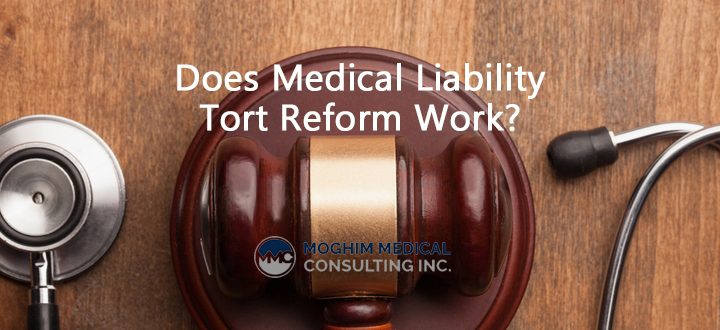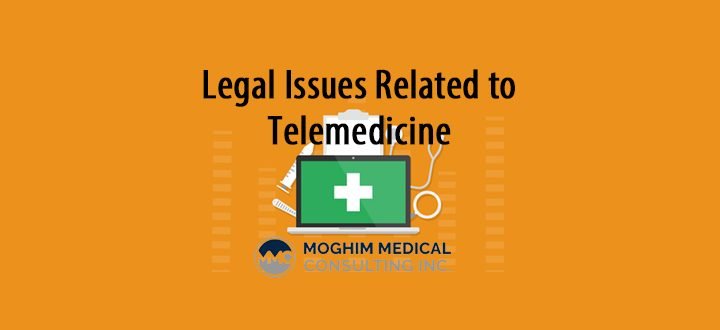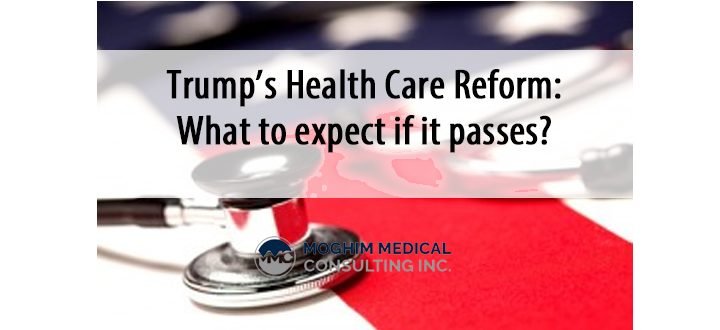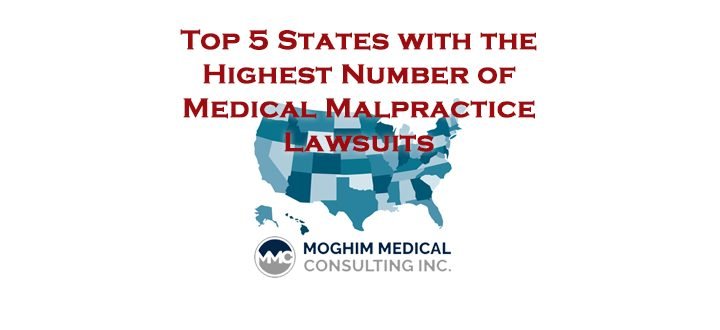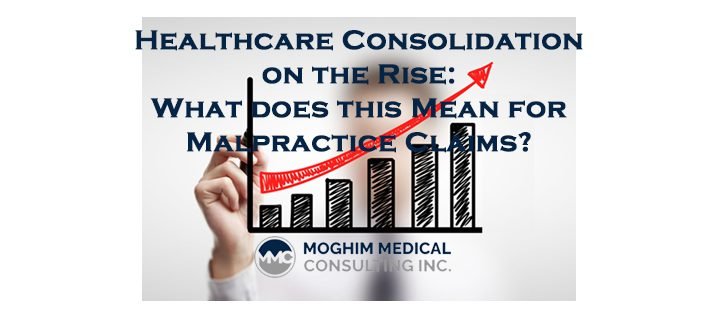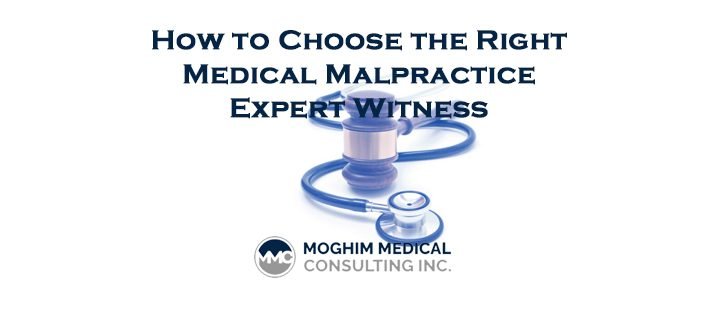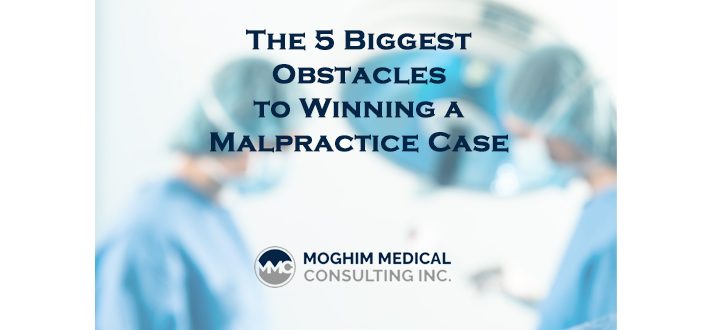
Should Health Care Be a Basic Human Right?
In February of 2018, an attempt to add an amendment to the Oregon Constitution to declare health care as a basic human right, came to an abrupt halt. Although the state’s House had already voted 35 to 35 in support of the amendment, the Senate Health Care Committee never even brought it up for a vote because they believed it wouldn’t pass in the Senate. The amendment would have ensured that every resident had access to cost-effective, medically appropriate care. Despite Democratic control of both state legislatures, there were serious concerns that the state could not guarantee universal access to health care and this would leave the state vulnerable to litigation. Lawmakers said that there wasn’t enough time to secure the necessary number of votes during the five-week legislative session.…

